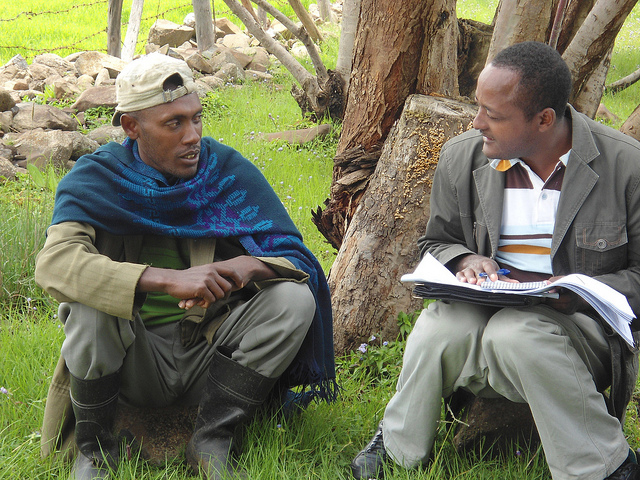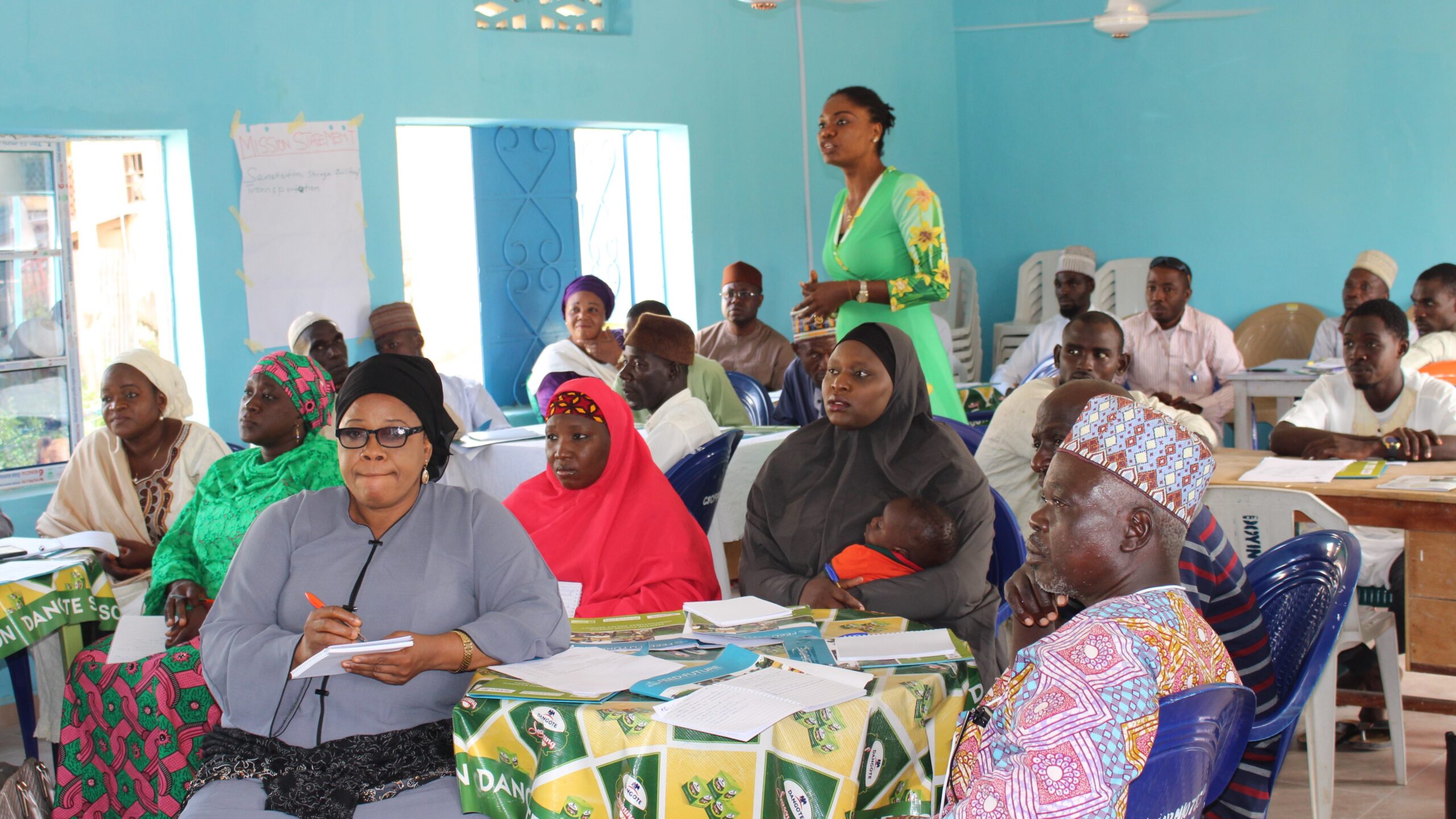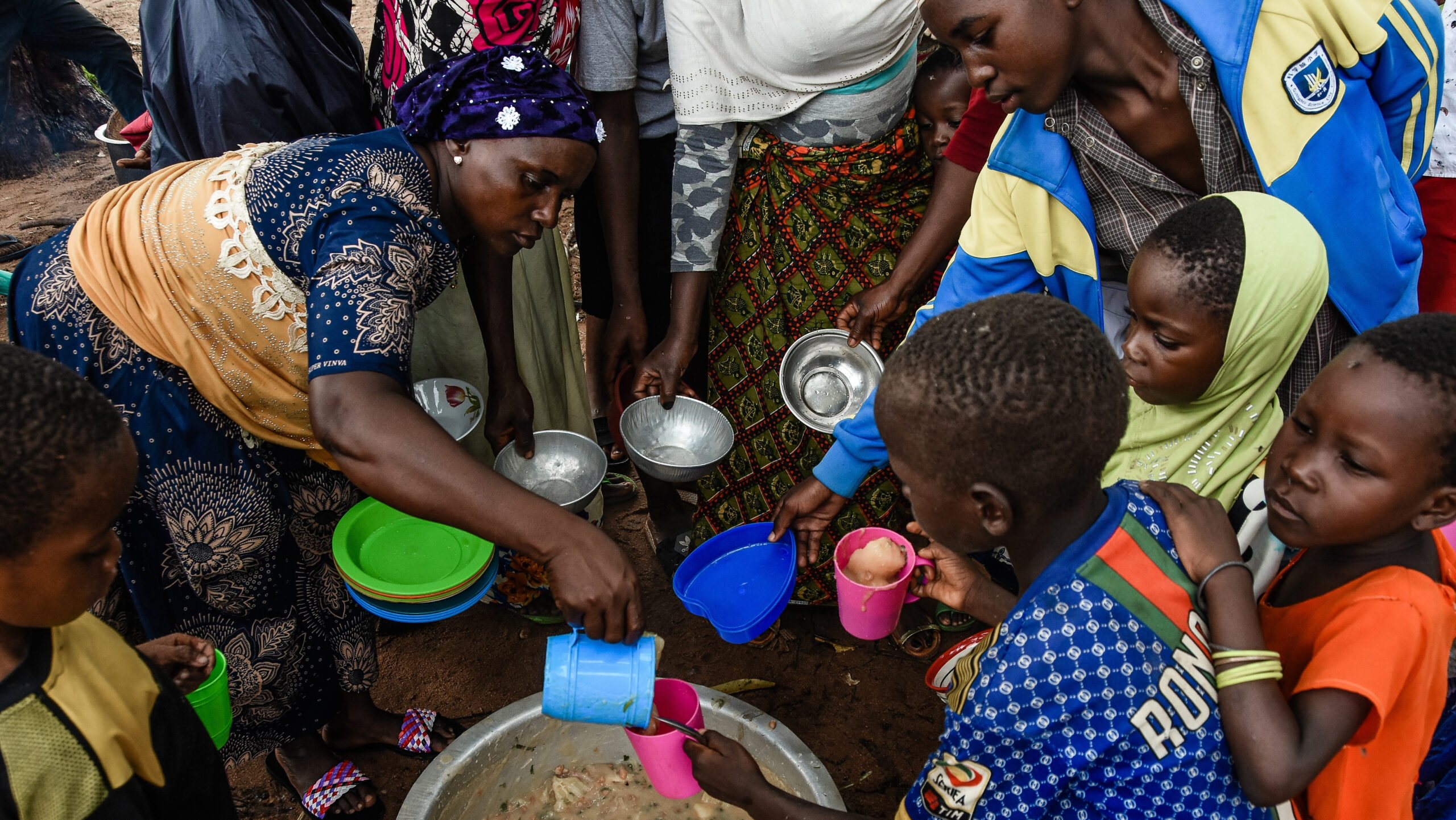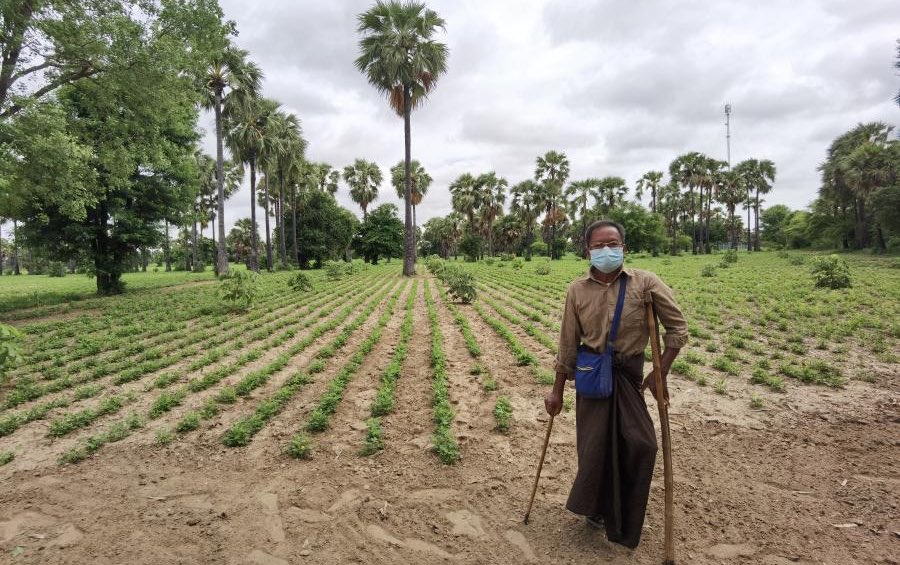As populations and incomes in developing countries grow, so does demand for food. To meet growing demand, agricultural production must increase. Yet, with increasingly scarce land, enhancing agricultural production requires intensifying production to obtain greater output from existing cultivated area. As agricultural intensification can have negative effects on the environment and diminish land productivity, agronomists are placing increasing emphasis on sustainable intensification (SI). SI is characterized by combinations of crops to preserve soil nutrients, judicious use of organic and inorganic fertilizer, water conservation practices, and more. It has the potential to increase yields from crops while supporting soil fertility, and minimizing land degradation.
For these reasons, the United States Agency for International Development (USAID) has begun a five-country SI program called Africa Research in Sustainable Intensification for the Next Generation (Africa RISING). This program seeks to identify SI interventions in the Ethiopia, Ghana, Malawi, Mali, and Tanzania to improve smallholder food, nutrition and income security, while easing the burden on heavily used soil. The International Institute of Tropical Agriculture (IITA) focuses on cereal-based farming systems in the Guinea Savannah Zone of West Africa (Ghana and Mali) and East and Southern Africa (Malawi and Tanzania) while the International Livestock Research Institute (ILRI) leads the research activities focusing on the crop-livestock systems of the Ethiopian highlands. More information about Africa RISING is available on the program website.
The International Food Policy Research Institute (IFPRI) leads the monitoring and evaluation (M&E) activities of Africa RISING. The IFPRI Africa RISING M&E Team includes Carlo Azzarri, Beliyou Haile, Apurba Shee, Cleo Roberts, and Sara Signorelli. The team’s approach to M&E includes integrated and systemic components including the stratification and selection of Africa RISING sites according to their agro-ecology. As part of the M&E activities, IFPRI has collected household and community data from all five countries through the Africa RISING Baseline Evaluation Survey (ARBES). The main objective of this survey is to collect high-quality baseline household data to support the M&E activities of Africa RISING. Specifically, the survey aims to collect detailed information on factors that could affect or be affected by agricultural production, such as household composition, agricultural and non-agricultural employment, health, income and expenditures, credit, assets, subjective welfare and food security, shocks, and children and women’s anthropometry. There is one data set for each Africa RISING country. The graph below provides examples of comparable information included in every dataset (click on the tabs at the top to view different indicators).
In total, the datasets include information from 4,510 households in 81 program communities and 76 control communities. Control communities have been selected such that they have similar enough agro-ecological characteristics to program communities to be comparable, while being far enough from program communities to avoid contamination from the program. Interviews have been completed using computer-assisted personal interviews (CAPI) conducted in the local language. In addition to household-specific data, IFPRI has worked with local data collection firms to conduct key informant interviews with local community leaders about village characteristics that could have a bearing on agricultural production. Community data cover cultural norms surrounding agricultural production, basic services, community-wide shocks, market prices, and more.







